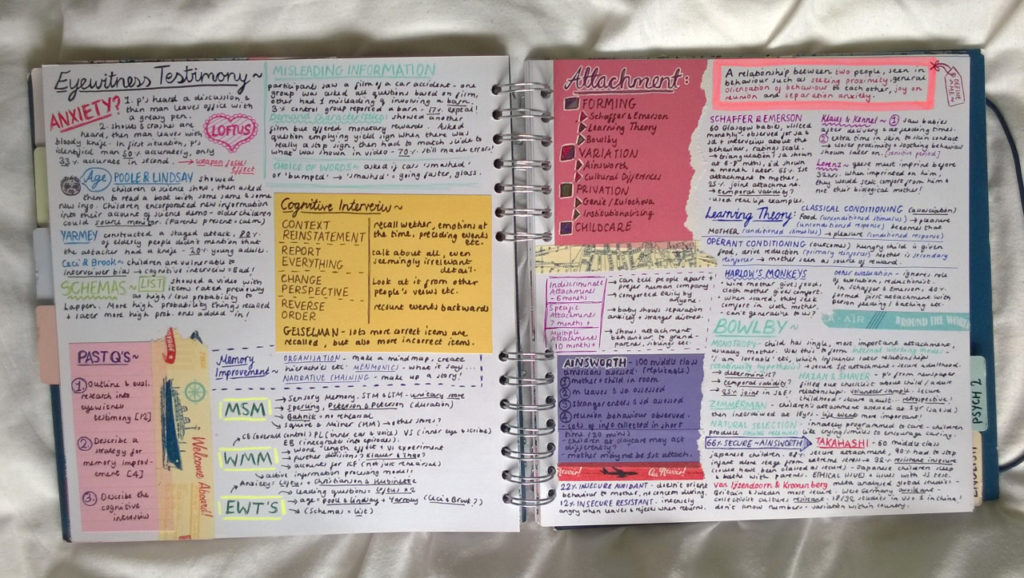
Studying. We have all heard the term growing up, be it elementary school or schooling at a collegiate level, it is something that dawns over us as we educate ourselves. There is a reason for that. Whether you are ignorant or open-minded, whether it is forced or comes passively, we all develop study habits, good and bad. The trick is to be conscious about it: knowing the habits are forming and that there is a way you can shape them to your best interest. One of your greatest advantage in developing good study habits is repetition. Your greatest weakness: procrastination. You can see how those two things can be counteractive. When I say repetition, I mean repetition. We all know the term “cramming,” and we all have heard our professors say don’t “cram,” and you know what, they are right.
Don’t Cram!
I have years of experience in cramming and I can tell you one thing, I didn’t really retain much of that information in the long run. I would load my brain up with tons of information, just cramming it into my short-term memory before a test. I started to realize that I would basically vomit the information onto the test pages, as much as I could, then realize a day later, I could hardly remember half the information I crammed in. If we don’t actively repeat the information stored in our short-term memory, we don’t encode it into our long-term memory. Simply meaning, by cramming all that information before a test, it is only possible to retain a small percentage of that information. Your short-term or working memory can only handle around 7 items for less than a minute, so if you cram 50 pieces or items of information, your brain will only process and encode a fraction of the knowledge. One solution to this can be repetition.

Photo courtesy of rebloggy
Take Good Notes
This step must be followed by reviewing your notes or it is not nearly as effective. Another thing to experiment with is written versus electronic notes. Some people are more effective taking handwritten notes, but also those who are better at taking notes electronically, for example, on a computer or a tablet. It is important to identify where you are stronger and find what suites you the best. Keep in mind, the kind of material you are taking notes on can influence your method. When you take notes, whether it is for school or work, take them out and review them at some point that same day. The repetition of the noteworthy information will help encode it into your long-term memory, small bits at a time, the method we humans were basically programmed to do. Surely, when properly carried out, the volume of information able to be recalled in the long run will be greater, and more efficient.

